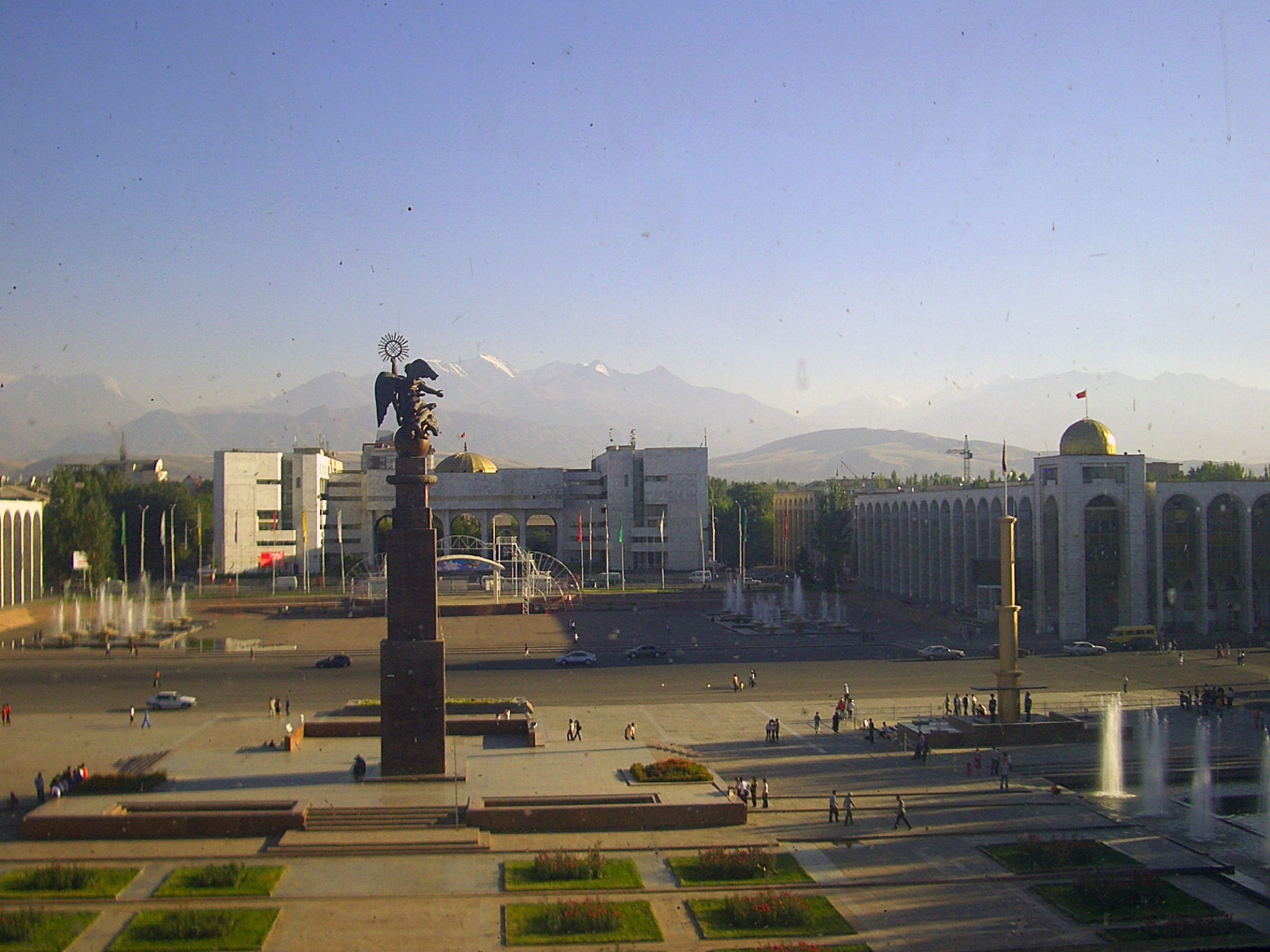The Internet Society held a workshop on Internet Exchange Point (IXP) Best Practices in Bishkek, Kyrgyz Republic, together with the occasion of the formation of the local ISOC Chapter, and the release of the Kyrgyz Internet Environment Assessment report. This was an excellent opportunity for me to meet the local service providers and representatives of the IX-KG.
The training focused on Best Common Practice (BCP) for the operation of an IXP, as well as Best Common Practice for peering and Boarder Gateway Protocol (BGP) over an IXP. The training was also a great chance to share the work done by the IXPs in Euro-IX on the various BCPs as well as the IXP Switch wish list.
The IXP has high potential to improve the Internet in the Kyrgyz Republic. The existing IX already adds value, and building on this to create a new IX along the current BCPs for IXPs will further improve this. The IX-KG and the operators also had the chance to discuss how to setup the new IX, and the benefits.
I have by now been part of many IXP training, operator training on OSPF, IS-IS, and BGP and workshops. I have in my previous job also housed engineers from IXPs taking their first steps to get established to see how an established IXP operates. I find this work extremely satisfying, and rewarding. I have 20 years of experience doing BGP, peering, been a Tier-1 peering coordinator, been one of the largest IXP customers, and built an IXP from a local entity to one of the largest in Europe. Being allowed to give something back to the community, in the same manner that I learned but in other communities is a privilege!
Having been involved in many discussions and formations of new IXPs, one of the most common questions is always what the benefit will be and how to quantify this. ISOC described some of these benefits very well in a study on the impact IXPs can have. However, to convince engineers (and often managers) you need more hands on arguments. Some years ago I had a discussion with Emile Aben at the RIPE NCC on measuring the presence of a local IXP in the paths of Internet traffic. If this was high, the IXP played a role in the local Internet eco-system, and to keep traffic local rather than send it over transit links. Emile and the RIPE NCC have the Atlas probes that allow them to measure what path traffic takes between the various probes in a country. Emile first created a measurement for Sweden, where he looked for the IXP network in traceroutes between the Atlas probes in the country. Emile further studied this using just one IX in Sweden. This showed that some paths were not local to Sweden. When he increased this study to look for the IX networks in Norway and Denmark, this showed that most paths where “local” using the wider definition. This study was further expanded to other European countries.
At RIPE71, Emile announced that he now was doing these measurements continuously, automatically and for all countries where there were enough probes to generate data. As I was heading to Bishkek, the following week I went to the new dataset with great expectation but did not find the Kyrgyz Republic among the countries listed. It turned out there weren’t enough active probes / probes in different ASNs to generate the data needed. I decided to seize the opportunity and asked the RIPE NCC to give me some more probes to take, which I happily packed.
At the IXP Workshop, I showed the data that could be generated from the Atlas probes, and the study of what role an IXP played in improving the local Internet by keeping local traffic local. I had more takers for a probe than I had probes. I am still eagerly waiting for more probes to come on-line, but just my presentation brought more of the probes already in the country live. Now there are enough to bring Emiles data gathering live. This is great news! When the rework of the IX-KG becomes complete and real, we will for the first time be able to follow the impact on Internet routing and performance in real time. If successful, we will be able to illustrate the importance of an IXP on keeping traffic local graphically.
During the workshop, a comment was often made – but we only have local routes and members! I kept stressing the point that having a better/shorter/faster/preferred route for a local destination is always better! No matter what the traffic volume or perceived importance of that route. The value of a local route is always in the eye of the beholder. It’s not for us to judge.
I wish the IX-KG the best of luck, and I hope we can see the progress on the RIPE Atlas probes. When this happens, I will feel proud to have been able to pass on some of the knowledge, experience and ideas that were passed on to me.
E7904-Bishkek-Ala-Too-Square" by Vmenkov - Own work. Licensed under CC BY-SA 3.0 via Wikimedia Commons
